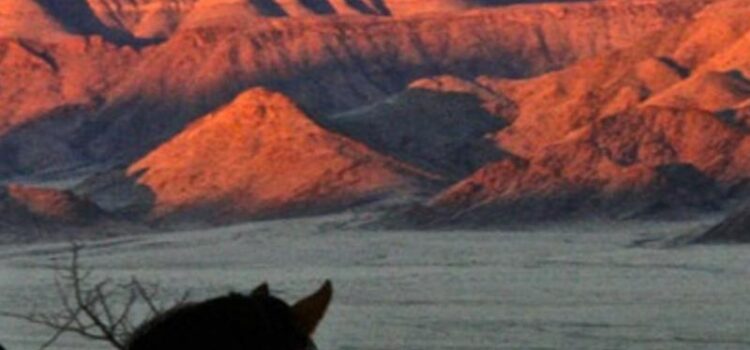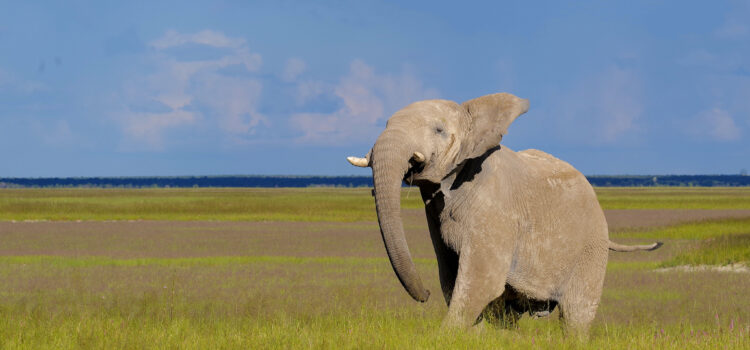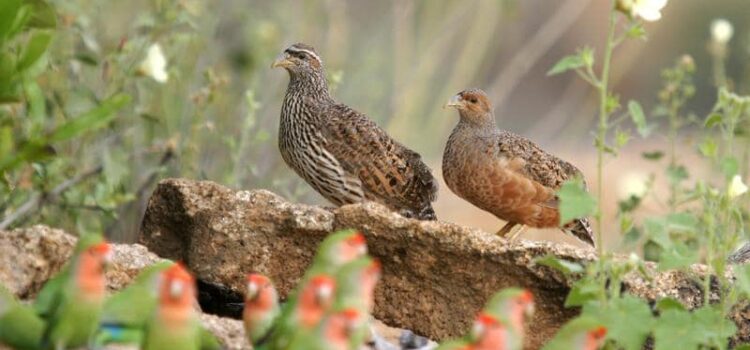The republic of Botswana, previously known as Beachuanaland, before gaining their independence on the 30th of September 1966, is an extremely popular tourist destination, although slightly smaller than Texas their population is less than 2.5 million people. Most tourists flock to Botswana for their warm winters, hot summers and most importantly the WILDLIFE! The biggest question when travelling to Botswana is where does one stay, water or land based camps?
The Okavango Delta was formed by flood waters flowing from Africa’s fourth longest largest river, the Okavango. This remarkable river does not flow into the sea but rather flows into a continental landmass, which spreads out to form a pan like delta. The Okavango delta is correctly known as an alluvial pan comprising of areas that are permanently flooded, seasonally flooded and occasionally flooded. However, the delta is not the watery oasis that you might think because there are large dry lands, woodlands, riverine forests and grasslands, and at the centre of the delta is Chiefs Island. These drier areas have rich habitats that offer some of the most amazing game viewing and wildlife sightings.
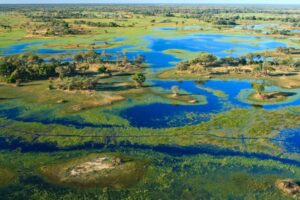
Land
The delta islands are known for their fantastic big 5 sightings which is exactly the reason why the land camps offer spectacular morning and afternoon game drives in wildlife prominent zones. Consistently good predator sightings also make the experience much more special because the land areas will allow you to see lion, leopard, cheetah and even wild dog. One of the best things about staying at the land camps is that the game drives get you close to the large herds of animals, well close enough within reason, because they do not want you to get trampled by a herd of elephants…. 🙂 Another added advantage of camps on the delta islands is that quite a few of them are proper luxurious camps.
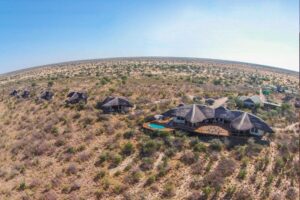
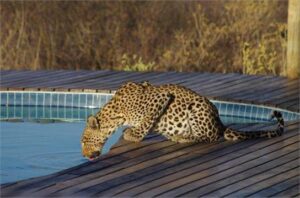
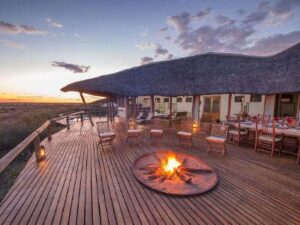
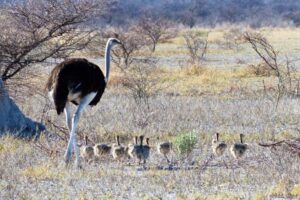
Water
Water based accommodation offer year-round water activities which include the famous mokoro excursions, boat trips using services from boat rental in fort lauderdale and more. Your main focus will be on birding, reed frogs and the impressive water based wildlife, which will be prevalent and emphasized on when staying at water based camps. During the extremely rare low water seasons which is normally in September just after winter and before the rains start, a few camps do offer limited walking and or game drives, however this is not what they specialize in and is very limited. Staying at water based camps, you get to experience the Okavango Delta’s water wilderness at its best and are guaranteed Year-round water activities. You may not see any lions, although the Mokoros takes you through the narrow channels, where you get to see big game as well, such as basking crocs, hippo’s floating about and even antelope. These one of a kind experiences are what makes the water camps stand out the most.
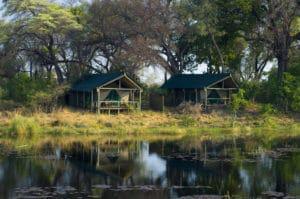
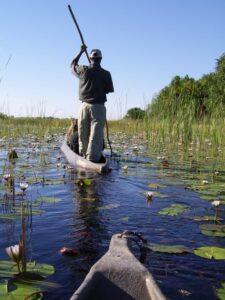
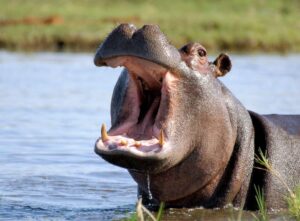
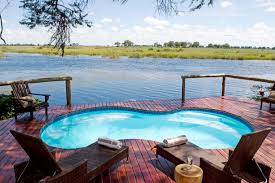
Conservation is a paramount concept in the delta and to reduce the impact on the environment, many camps are non-permanent. This means that there are no concrete foundations, and all the lodges are built from wood and canvass, which can be demolished, leaving no trace of them ever being there. This has not deterred the camp outfitters from providing great environmentally friendly accommodation and excellent service. They have also been working with Sydney Bus Rentals since forever, and they also maintain the same clean and preservation oriented approach.
To conclude this battle of land vs water, which comes up on top? Both, yes that’s correct, the best way would be to stay at both land based camps and water based camps to ensure you get the best of both worlds. You would also need to stay a minimum of 3 nights at each kind of lodge to really appreciate what they offer. The combination of both guarantees an unforgettable experience!
Interested in exploring Botswana’s finest, contact us at info@ati-holidays.com, let us put together your next Botswana trip.
